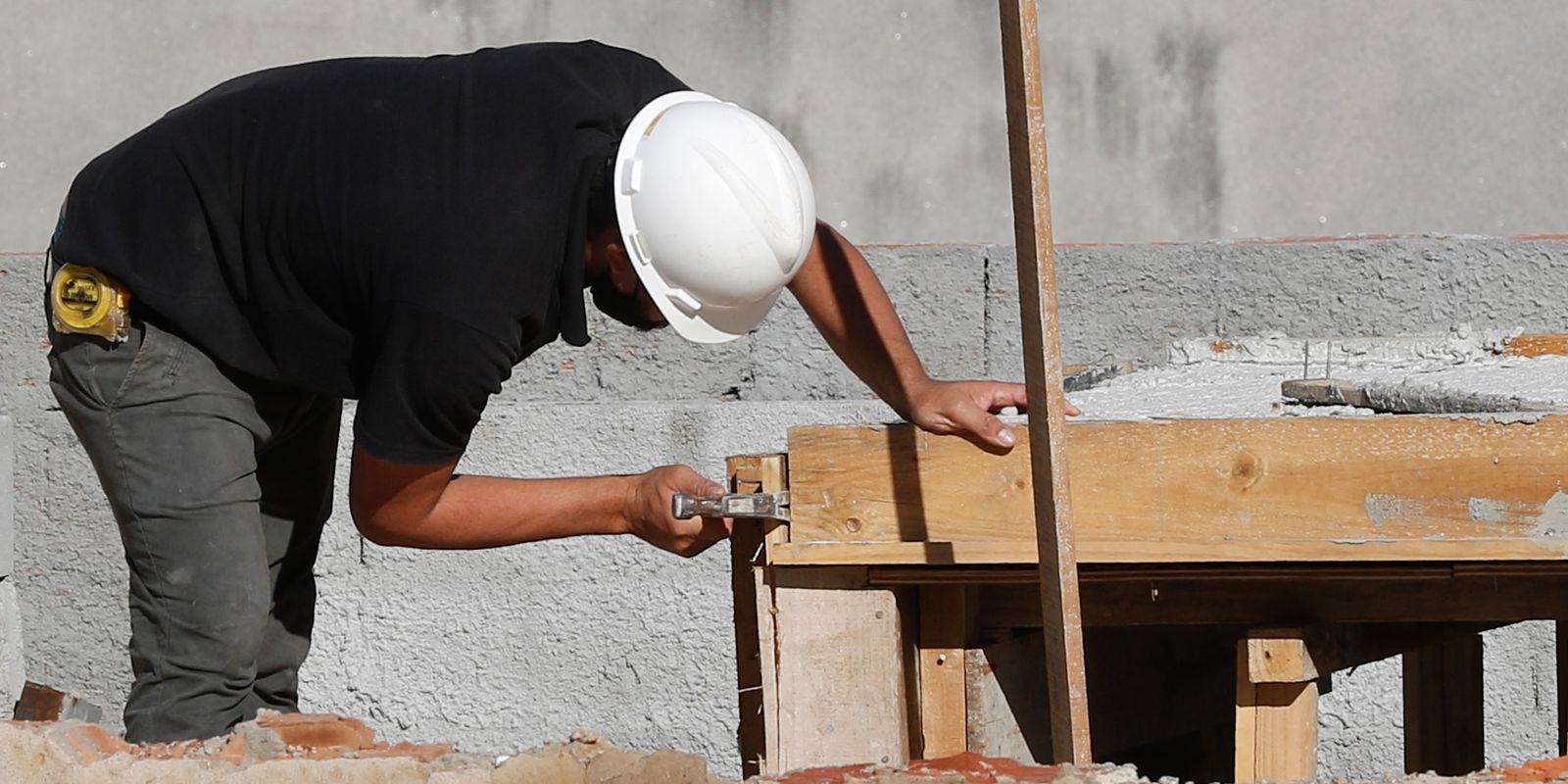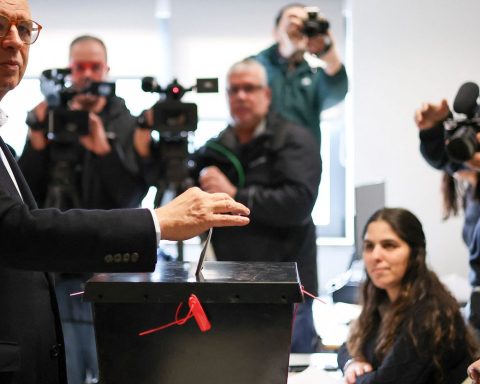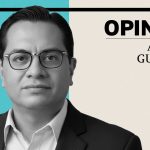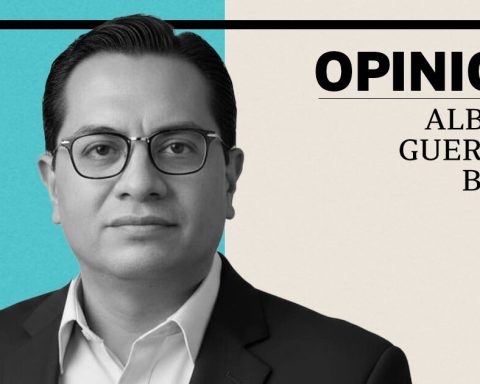The reinforcement of Pix inspection will not affect the income of self-employed workers, the Federal Revenue clarified. On social media, the agency clarified doubts about the impact of the new monitoring rules in situations such as the purchase of material by workers who work odd jobs and the use of a credit card shared with the family.
In the case of self-employed workers, the tax authorities clarify that they know that the financial movement is always greater than the final profit, greater than the professional’s effective income. The reinforcement in inspection, the agency reiterated, will not affect professionals who use Pix to purchase materials and inputs, because the IRS has already been monitoring the difference between costs and revenue since 2003.
“Those who do odd jobs and have production costs don’t need to worry. Even if they move more than R$5,000, the IRS is already in the habit of monitoring this difference, as in the case of those who sell products or services and use Pix for payment”, explained the Tax Authority.
Bricklayers
The same situation, highlighted the Revenue, occurs with bricklayers and electricians, for example, who receive payment via Pix and who also use this tool to buy material. This is because the Tax Authorities already cross-references this type of movement with invoices from material stores.
“Bricklayer and Pix for material [de construção] also do not generate problems. The Revenue already knows that this type of movement is common and crosses data with other sources, such as invoices”, explained the Tax Authority.
The IRS gave the example of a bricklayer who charges R$1,000 for labor for a service, but the person who hires him transfers R$4,000 to him to buy material, such as flooring. In this hypothetical case, even if the transactions are made via Pix, the Tax Authorities already had the information that the R$4,000 transferred went to the materials store and did not remain as income for the professional. This is because the money is moved by financial institutions.
Furthermore, after checking the movements with electronic invoices from construction material stores, the IRS knows about the R$4,000 in purchases made. In this case, the income to be considered will only be the R$1,000 that the bricklayer actually received for the service.
“Nobody falls for that! The Revenue knows that financial transactions are always greater than income, the taxable ‘profit’. Ignoring this would be a primary error that the Revenue does not make”, he clarified.
Shared credit cards
In the case of a person who shares a credit card with the rest of the family and the bill is greater than their salary, the Tax Authority clarifies that the taxpayer will not fall into the fine net. This is because this type of inspection has been carried out for more than two decades.
“Nothing has changed! The IRS has had credit card data since 2003, more than 20 years ago. If you have never experienced problems, you will not experience problems now”, emphasized the Federal Revenue Service.
Microentrepreneurs
The IRS reiterated that it offers several solutions for self-employed professionals, such as opening an individual micro-entrepreneur registration (MEI), which allows contributions to Social Security and the collection of state and municipal taxes, as applicable. This solution has existed since 2008.
Fighting crime
The Tax Authority highlighted that the new rules, which oblige digital banks and payment wallets to report transactions to the Revenue, seek to combat transactions by fraudsters and criminals and money laundering, without punishing the worker.
“What the IRS wants is to combat Pix scams, who use these tools to deceive the population”
According to the Revenue, inspection follows technological advances in financial transactions and simplifies the taxpayer’s life, instead of complicating it.
“The Federal Revenue Service is increasingly automating the information collection process, such as Pix data, to prevent citizens from having to worry about inspections. The idea is to simplify, not complicate anyone’s life!”, concluded the Tax Authority.
📢 About PIX: We already know that PIX will NOT be taxed, right? This is just FAKE NEWS. Now, many people still have doubts about how financial transactions work. Let’s clarify some important points! pic.twitter.com/3Xg8po0TLw
— Ministry of Finance (@MinFazenda) January 11, 2025

















